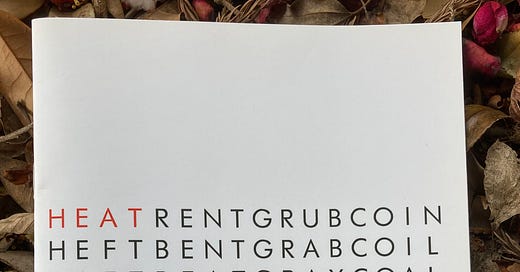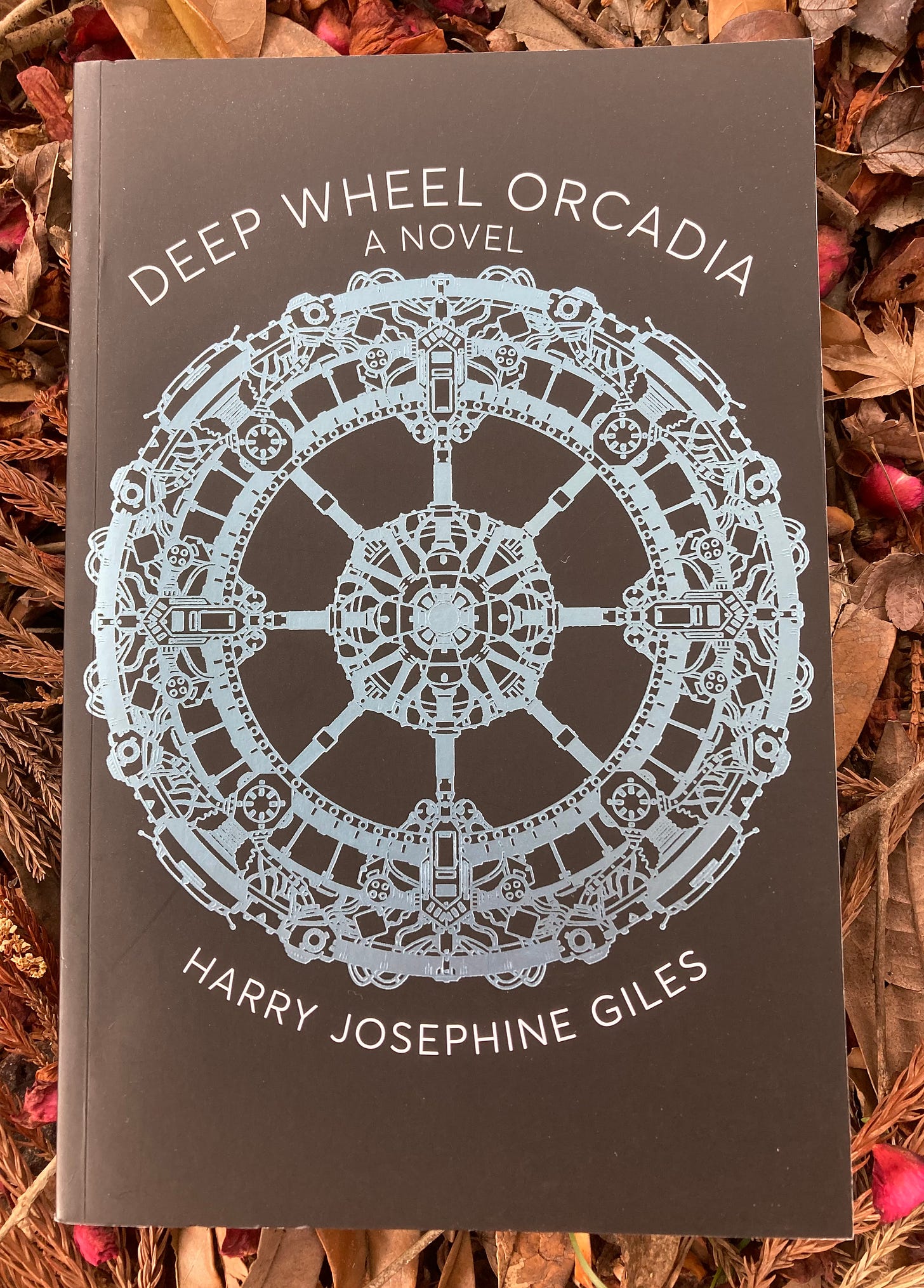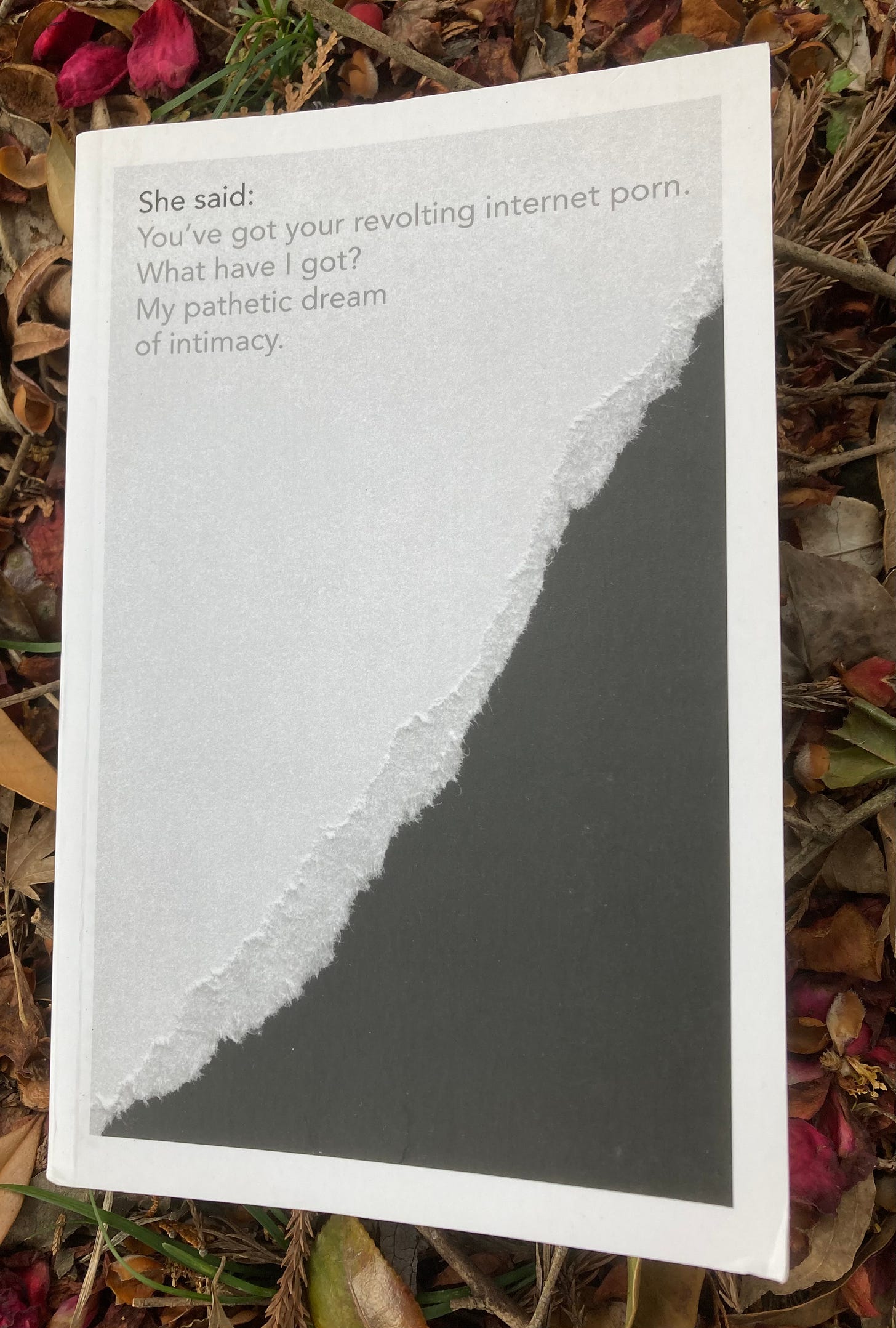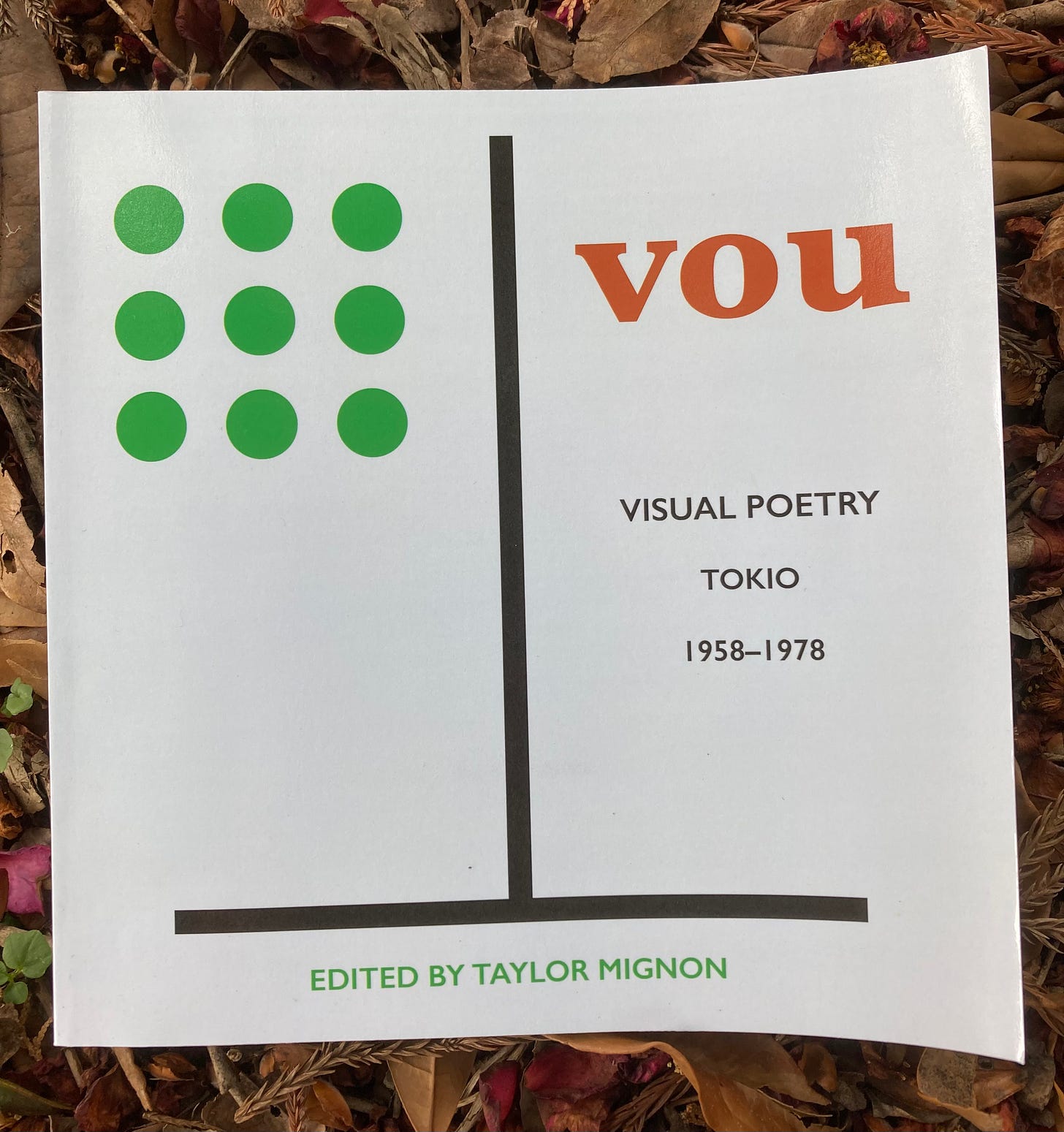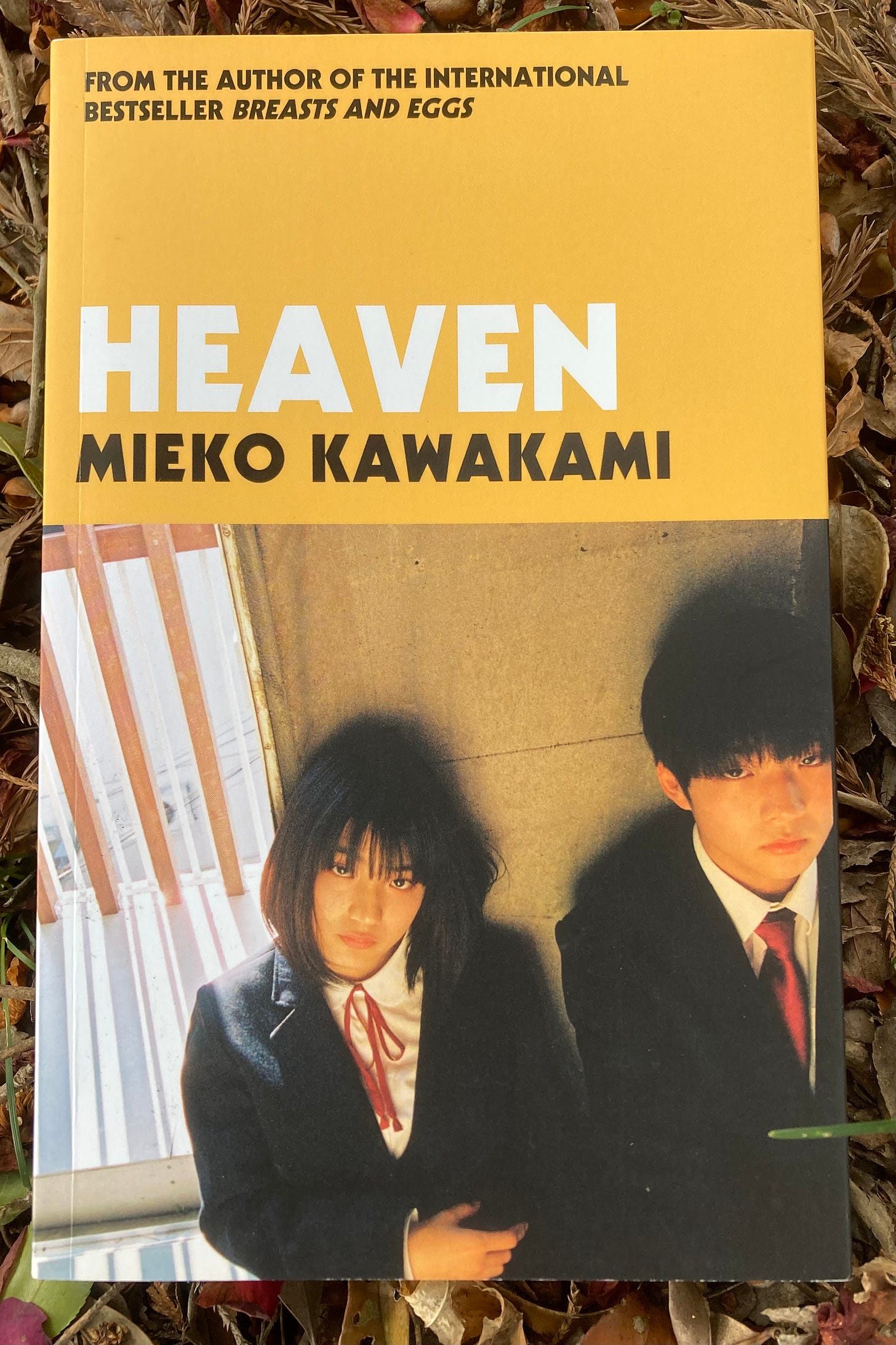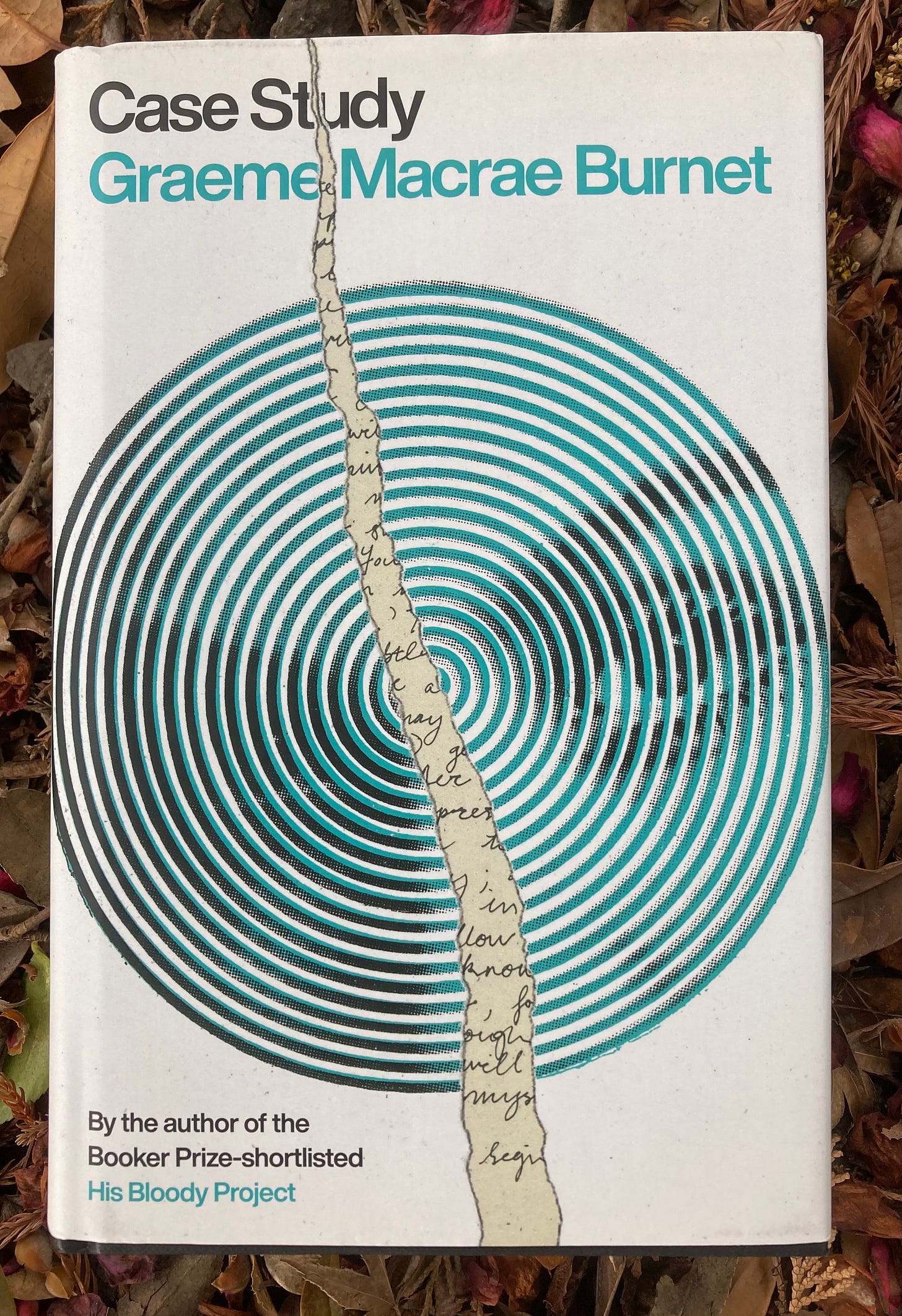February Reads
For those of you who follow me on the socials you’ll know I spent a significant chunk of February on the road doing research for a new book. I say new, I’ve been working on this book for at least five years but as a lot of it is based in travel, corona has put a bit of a dampener on the project. I knocked a decent chunk of it on the head last month though, and the end is in sight. This, combined with my editorial work meant that I had much less time for reading than is ideal. What I lost in quantity I made up for in quality.
It was a very poetic month, starting with the Four Letter Word project published by IR11. These are four poetry pamphlets - Heat, Rent, Grub and Coin. In their own words:
One year into the lockdown we initiated a project inviting artists’ responses to poverty, the climate crisis, and worldwide inequality that the pandemic had brought into sharper relief. A year later, FLW has turned into a series of four pamphlets each containing 24 texts/artworks by different writers and artists. The printed pamphlets are for sale individually and in sets of four, and can be purchased HERE. With the printing covered by IR11, all the proceeds from the sales will go in full to support the work of four charities that deal with the themes in the pamphlets: XR Glasgow, Living Rent, Empty Kitchens Full Hearts and The Autonomous Centre Edinburgh.
I have a poem, Testimony, in Heat but that aside, the four books are excellent, featuring work by some of my favourite poets working today, and all for a good cause. It’s £20 for the full set, or £5 each. Check it out.
Talking of my favourite poets, Harry Josephine Giles’s science fiction novel in verse, Deep Wheel Orcadia (Picador, 2021) is unlike anything I’ve ever read. Written in the Orkney dialect with English translation below, it tells the story of Astrid, an art student on Mars returning home. I’m going to keep coming back to this one, partly to unlock more of its mysteries but mainly to wallow in the language.
Love/War by Ebba Witt-Brattström (translated by Kate Lambert) is the fifth out of six books I bought from Nordisk Books last year and another novel in verse, this one about a marriage falling apart, each poem one half of an ongoing argument he said, she said, style. The back says it is “raging, bitter, sad and scathing” and that’s bang on, although I’d add witty to the mix.
Finally in the poetic vein I was lucky enough to get a copy of Vou: Visual Poetry Tokyo, 1958-1978 (Isobar, 2022) edited by Taylor Mignon. I won’t say too much about it here because I interviewed Taylor for the Japan Times and I don’t want to repeat myself more than I already do.
While we’re on the subject of Japan, John Dougill’s In Search of Japan’s Hidden Christians (SPCK, 2016) was a fascinating and, I have to say, surprisingly good read. I got this for research and wasn’t hugely enthusiastic. I’ve read other books about Japan’s hidden Christians and been bored rigid by them, and offended by the proselytising and orientalism badly hidden between the lines. I’m delighted to report that Dougill does none of that. It’s an easy read, the facts of the story mixed with his own experiences travelling around western Japan where the majority of the events took place. The best book on the subject is still Shusaku Endo’s Silence, but I would heartily recommend this to anyone interested in Japanese history or planning to travel around Kyushu. After reading this I added Sotome, Shimabara and Amakusa to my itinerary last month and didn’t regret it.
I only had one excursion into Japanese fiction this month, finally getting round to Kawakami Mieko’s Heaven (Picador, 2021) translated by Sam Bett and David Boyd. I have to say I didn’t enjoy this. Not because of the writing which as always with Kawakami was beautiful, but because the subject matter was highly triggering for me. Saying that, I really don’t think the ending worked either. It’s not going to put me off getting Kawakami’s next book, All The Lovers in the Night (also translated by Sam Bett and David Boyd) out later this year.
Lastly I finally got a chance to sit down with Case Study by Graeme Macrae Burnet (Saraband, 2021). This is brilliant, and confirms Burnet as a talented writer of many types of literary fiction and not to be pigeonholed into crime, as reviews of His Bloody Project threatened. Funny, intelligent, structurally ingenious, and although I bought this not long after release last year, I’m glad I waited until I had time to lose myself in the novel and not read it in snatches. Great stuff.

